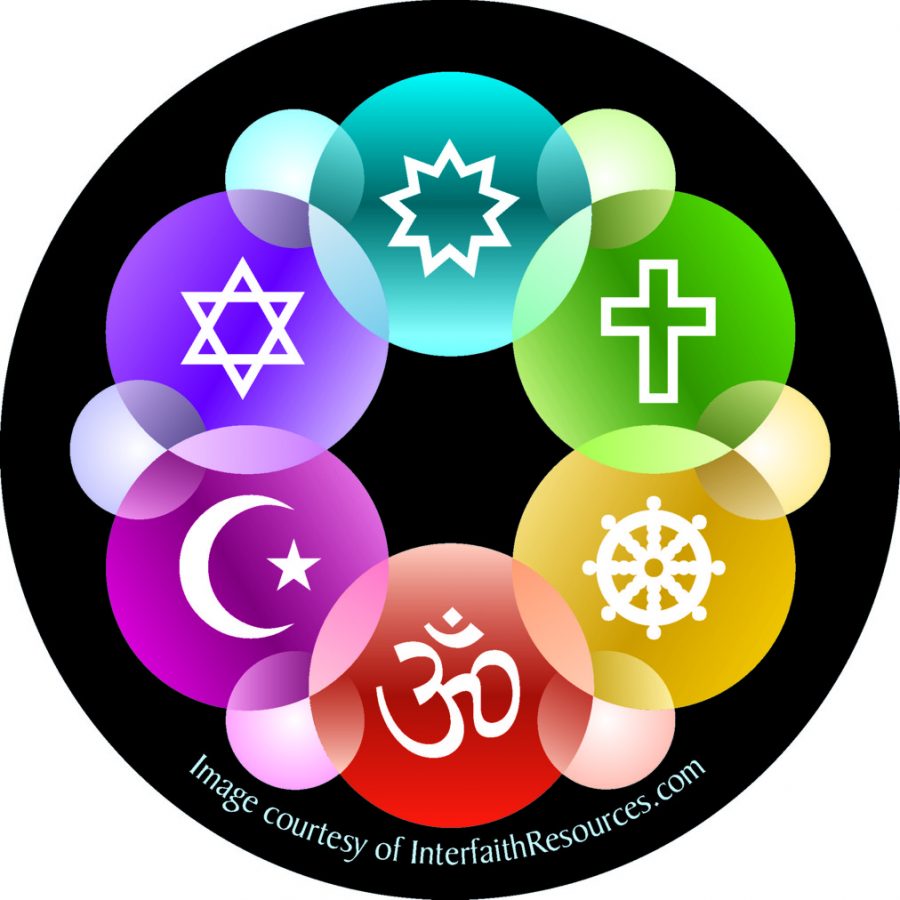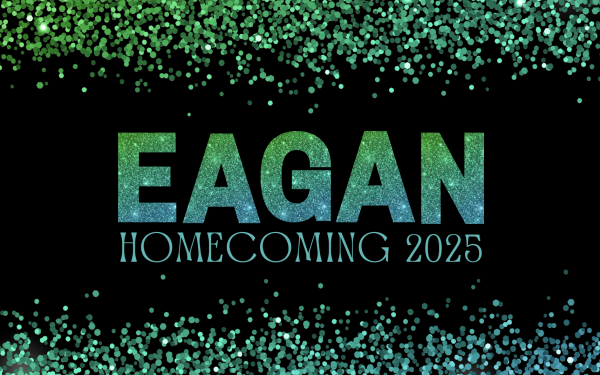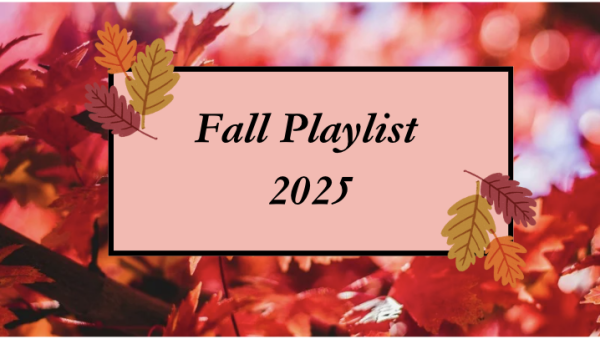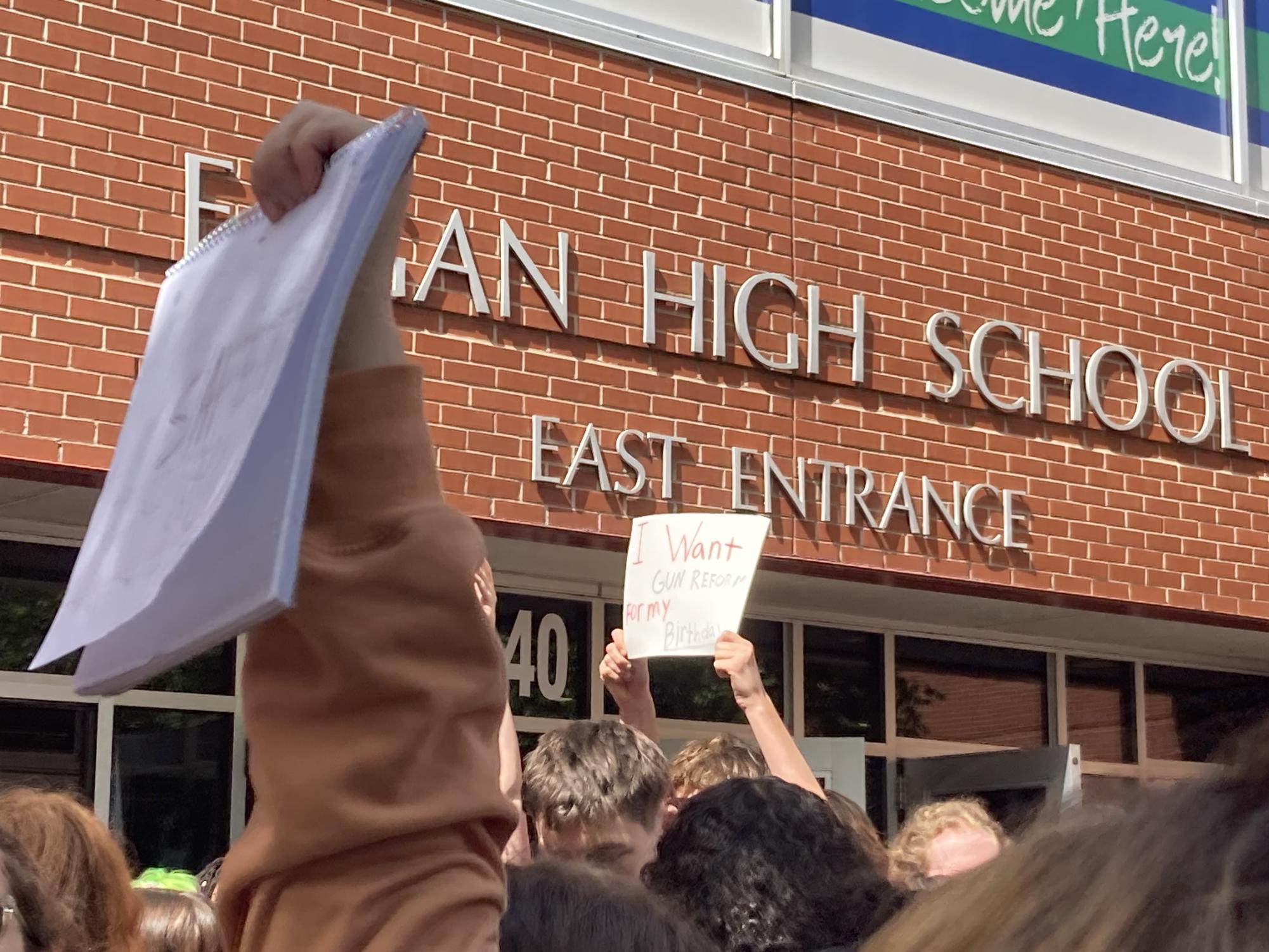Opinion: Room for All Faiths in the School Calendar
May 13, 2016
This past December, around the time of Christmas, I was in the classroom of one of my former teachers. I had dropped by to say hello, and we were talking about my plans for college as she stood on a chair hanging up Christmas lights from her ceiling. She took her holiday decorations very seriously, and her room was known for always being the most festive in the school. Before I turned to leave, she stopped me to ask a question. She told me that she had a Muslim student in her Paws and wanted to decorate her room with something of our faith too. “Do you know what I could do?” she asked. I have to admit that I was taken aback. No teacher had ever inquired about the customs of my faith, and it was an unexpected and thoughtful expression. I told her that lanterns were a traditional ornament in our culture. Sure enough, the next day as I walked past her room, I smiled at the sight of several lanterns amidst her Christmas lights.
Since 1776, the United States has grown from a nation with one primary religion to one of several religious groups. Today, Judaism is the second largest religion in the United States, and Islam is the third. Islam is also the fastest growing religion in the world. In our melting pot of a nation, it only makes sense to respect and recognize our largely diverse community. The problem, however, lies in the fact that there is little consensus between public schools across the nation as to which holidays to recognize on the school calendar. Of the 25 largest public school districts in the nation, nineteen had school off on Good Friday, eleven on Yom Kippur, and only one, New York City, on Eid according to an article on Fusion.com.
Granted, any Christian holiday just so happens to fall during Winter Break or Spring Break, or turns into a Staff Development Day. So technically we aren’t incorporating religion into our schools, right? In reality, the line between complete secular education and religious inclusion in school is blurred- selectively permeable even. Walk into most choir classes towards the end of December, and students will be carolling about decking the halls with boughs of holly. I myself remember singing Feliz Navidad in eighth grade choir- and just to add, thoroughly enjoyed it. As an American Muslim, I proudly say that the aura and spirit of the holiday season is downright my favorite time of the year. The colors, the music, and not to mention the breaks from school are genuinely appreciated. Days off during the holidays are not malicious attempts by educators to inject religion into education, but rather considerate gestures towards students and staff that want to gather with family and friends to celebrate.
Rallying for more days off school is another discussion, especially for a district that is so stingy with snow days. Simply recognizing the holidays of other faiths and shedding light on their celebration customs can do wonders for increasing the understanding and knowledge that students have for other cultures. In a time of such intolerance and ignorance, even by aspiring political leaders, little things like these can go a long way towards bridging gaps and tearing down walls of fear and confusion.






